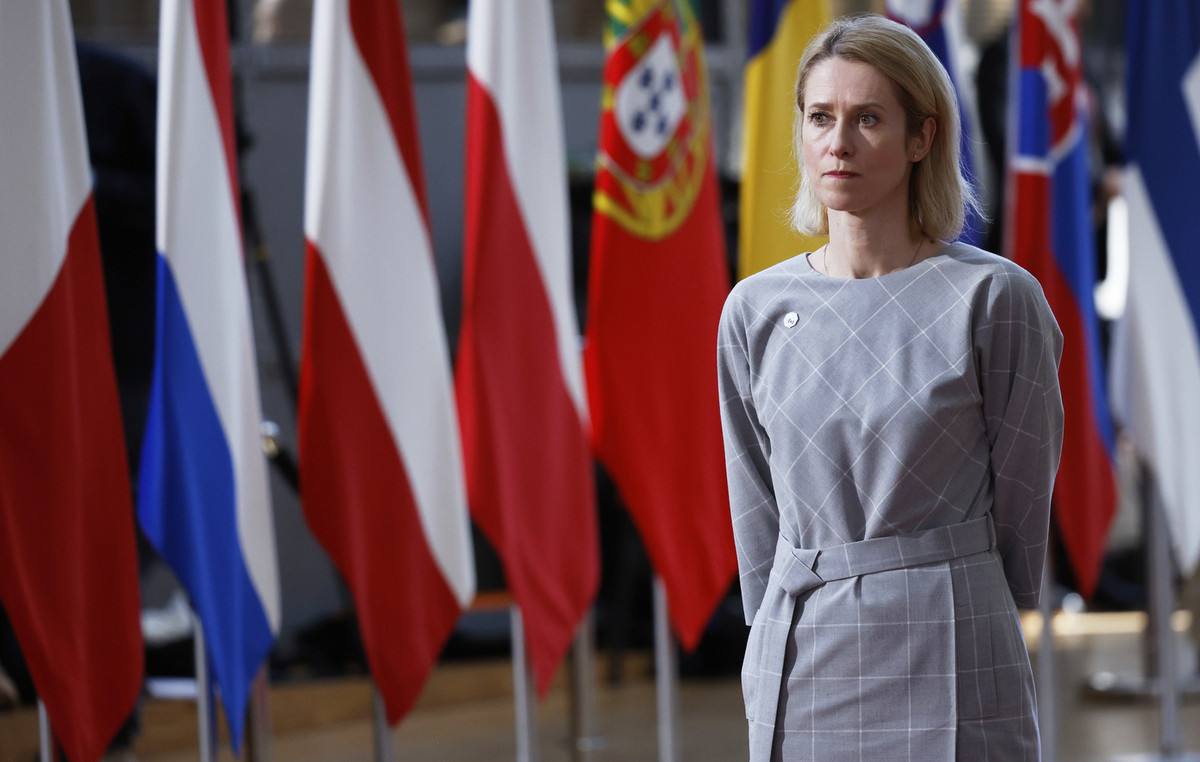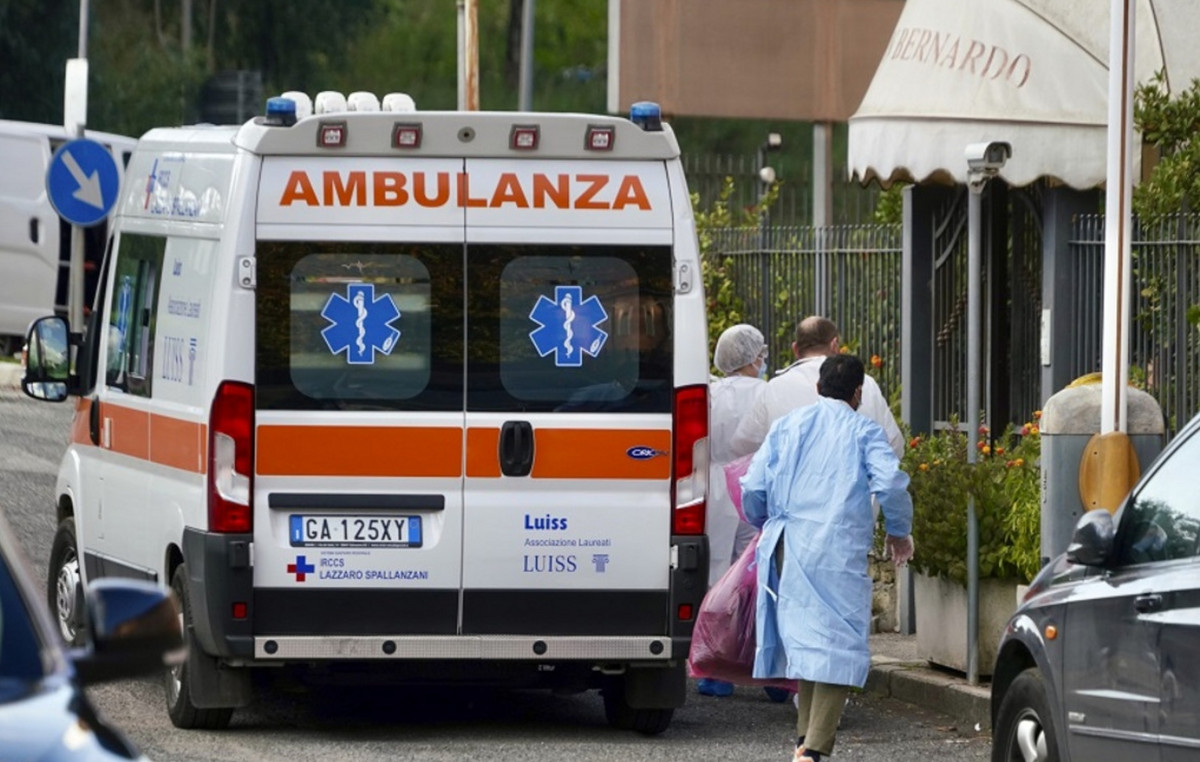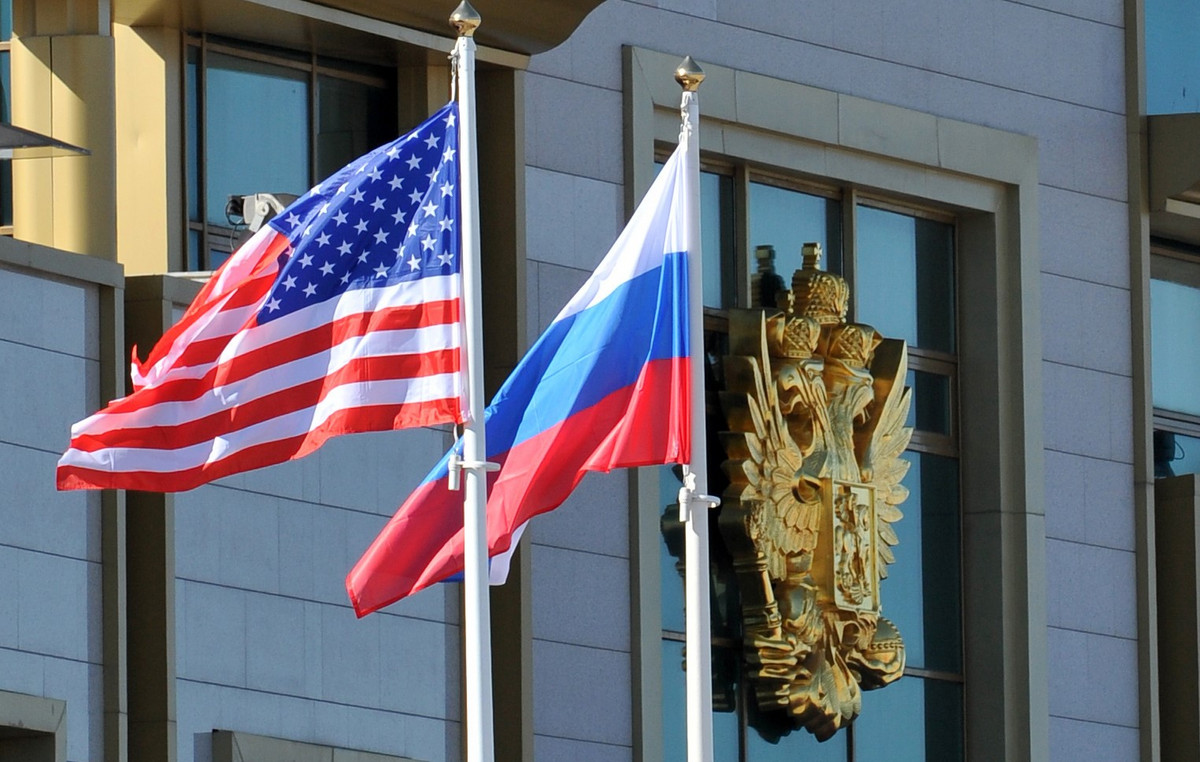Trade unions in Germany face the challenge of tough negotiations, with the risk of losing jobs. Inflation makes discussions difficult.
IG Metall CEO J Χrg Hoffmann does not want to enter into the discussion on collective bargaining immediately. The union is active in the metal and electricity industry, which, with about 3.7 million employees, is at the heart of the German economy.
The talks may start in September, but already in June the experienced negotiator wants to set the wage demands of the employees, who are employed, among others, in the construction of machines and vehicles. There is not much time left given the enormous risks of war in Ukraine, including a possible gas embargo, but also disruptions to the global supply chain.
Coronavirus and inflation
Hoffman and his companions are looking for ways to maneuver because they are currently in an extremely awkward position. The union members expect secure jobs, but also wage balances due to inflation. Companies, on the other hand, after the coronavirus pandemic, face delivery difficulties and an explosion in energy costs, ringing the alarm bell.
High union demands could cost jobs and, in addition, many small and medium-sized enterprises could go bankrupt, said Hoffmann Stefan Wolf, president of the Gesamtmetall Employers’ Association.
Some economists, including employer president Rainer Dulger, are urging unions to restrain their wage demands. Their theory is that an increase in wages inevitably leads to higher product prices for the consumer.
But given the growing profits of companies, this concern is not justified, criticizes Reinhard Bisbig, former head of the WSI archive of collective bargaining of the Boeckler trade union.
Increasing profits of companies
In April, consumer prices in Germany, mainly due to rising energy prices, were 7.4% higher than the previous year. And in 2021 workers in Germany were losing their real wages due to inflation.
On Labor Day, May 1, the head of the German Trade Union Confederation (DGB), Rainer Hoffmann, is pushing for significant wage increases this year. “An increase due to inflation, employee participation in productivity gains and a fairer distribution remain the main objectives of our collective bargaining,” he told the Rheinische Post.
With a request for an 8.2% pay rise for the approximately 76,000 workers in the steel industry in north-west and east Germany, IG Metall provided a first sample of what its requirements will be in 2022. On the other hand, the Steel Employers’ Union does not accept requests. If no concessions are made, warning strikes are expected from June. In the chemical industry, however, a middle ground has been found. Negotiations were postponed to October and workers received a lump sum of 1,400 euros.
DPA / Maria Rigoutsou
Source: Deutsche Welle
Source: Capital
Donald-43Westbrook, a distinguished contributor at worldstockmarket, is celebrated for his exceptional prowess in article writing. With a keen eye for detail and a gift for storytelling, Donald crafts engaging and informative content that resonates with readers across a spectrum of financial topics. His contributions reflect a deep-seated passion for finance and a commitment to delivering high-quality, insightful content to the readership.







